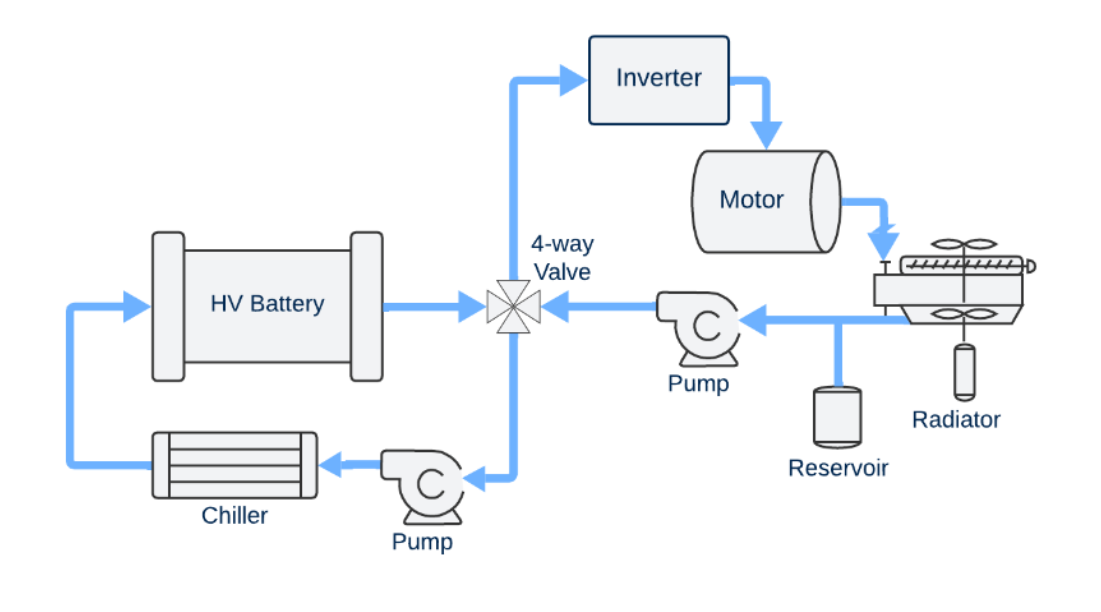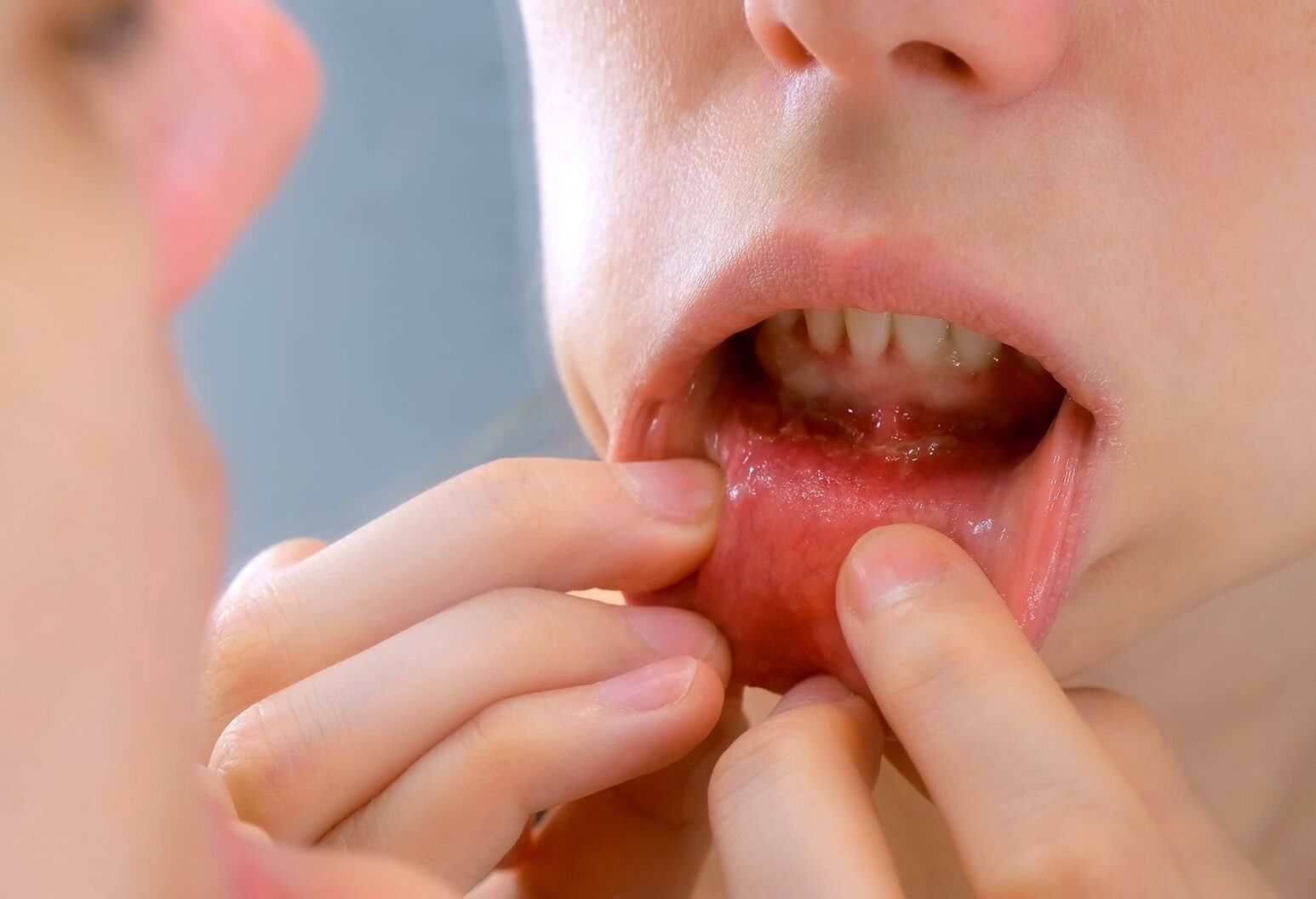Chao-Yi Wu, PhD, OT, from the Department of Neurology, and Edmarie Guzmán-Vélez, PhD, from the Department of Psychiatry at Mass General Brigham, served as the primary and senior authors of a new study published in eClinicalMedicine. Their paper, titled “Effects of Nicotinamide Riboside on NAD⁺ Levels, Cognition, and Symptom Recovery in Long COVID: A Randomized Controlled Trial,” explores whether boosting NAD⁺ through nicotinamide riboside (NR) could help people with long COVID.
Q: How would you explain your work to a general audience?
Across the world, millions still struggle with lingering problems after a COVID-19 infection—commonly called long COVID. These long-lasting symptoms can strike anyone and often involve cognitive issues like trouble concentrating or memory lapses, commonly referred to as “brain fog.” Because these symptoms affect daily life, researchers are actively searching for options that could improve recovery.
In this trial, the team examined whether raising NAD⁺—a key molecule needed for cellular energy—through NR (a form of vitamin B3) could support better health outcomes. Participants took NR for up to 20 weeks, and their health changes were monitored regularly.
Q: What was the main research question?
NAD⁺ is critical for energy production, immune regulation, and controlling inflammation. Earlier studies suggest that COVID-19 may disrupt these NAD⁺-dependent processes, which could be tied to neurological symptoms.
The researchers wanted to know whether raising NAD⁺ levels with NR could improve thinking ability and reduce common long COVID complaints.
Q: What approach did the study use?
This was a 24-week randomized clinical trial at Massachusetts General Hospital, conducted between August 2021 and September 2023. A total of 58 long COVID patients participated and were divided into two groups:
-
One group received 2,000 mg of NR daily for 20 weeks.
-
The other group took a placebo for 10 weeks and then switched to NR for the next 10.
Neither participants nor researchers knew who received which treatment initially to ensure impartial results.
NAD⁺ levels were measured through blood tests, and participants completed detailed surveys and cognitive assessments related to memory, fatigue, sleep quality, and mood at the start, week 10, and week 20.
Q: What did the study show?
Of the 58 participants, 37 began NR immediately, and 21 started on placebo. Only 18 individuals completed the full 22-week protocol; others withdrew for reasons like reinfection, relocation, medication changes, or potential side effects.
Comparing the two groups, researchers did not find significant differences in memory or cognitive test scores—the primary outcomes. Symptoms like sleep issues, mood changes, and fatigue also showed no major differences between the two randomized groups.
However, in exploratory analyses that included anyone who took NR for at least 10 weeks, improvements were noted in self-reported fatigue, sleep quality, and depressive symptoms. Some also scored better on an executive-function task, suggesting that a subset of people may benefit from NR supplementation even if group-level differences were modest.
Q: Why does this matter?
Long COVID affects approximately 400 million individuals globally, yet its biological roots remain unclear. This trial confirmed that high-dose NR can safely increase NAD⁺ levels. Although the overall impact on cognition was limited, the findings point to potential benefits such as improved sleep and reduced fatigue in some patients. These results help guide future treatment strategies and research directions.
Side effects were generally mild—like rashes or bruising—and only a few participants discontinued the supplement because of them.
Q: What comes next?
Future research must involve larger, more diverse populations to determine who responds best to NR. Key questions include whether sex, baseline NAD⁺ levels, inflammation levels, or other health factors influence response. Since inflammation plays a major role in long COVID, scientists also want to understand whether NAD⁺ restoration can help reduce it.
The team will also analyze physical activity data from the study and evaluate whether any other supplements taken by participants affected NR’s outcomes.








